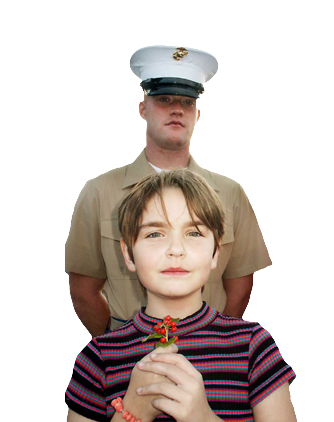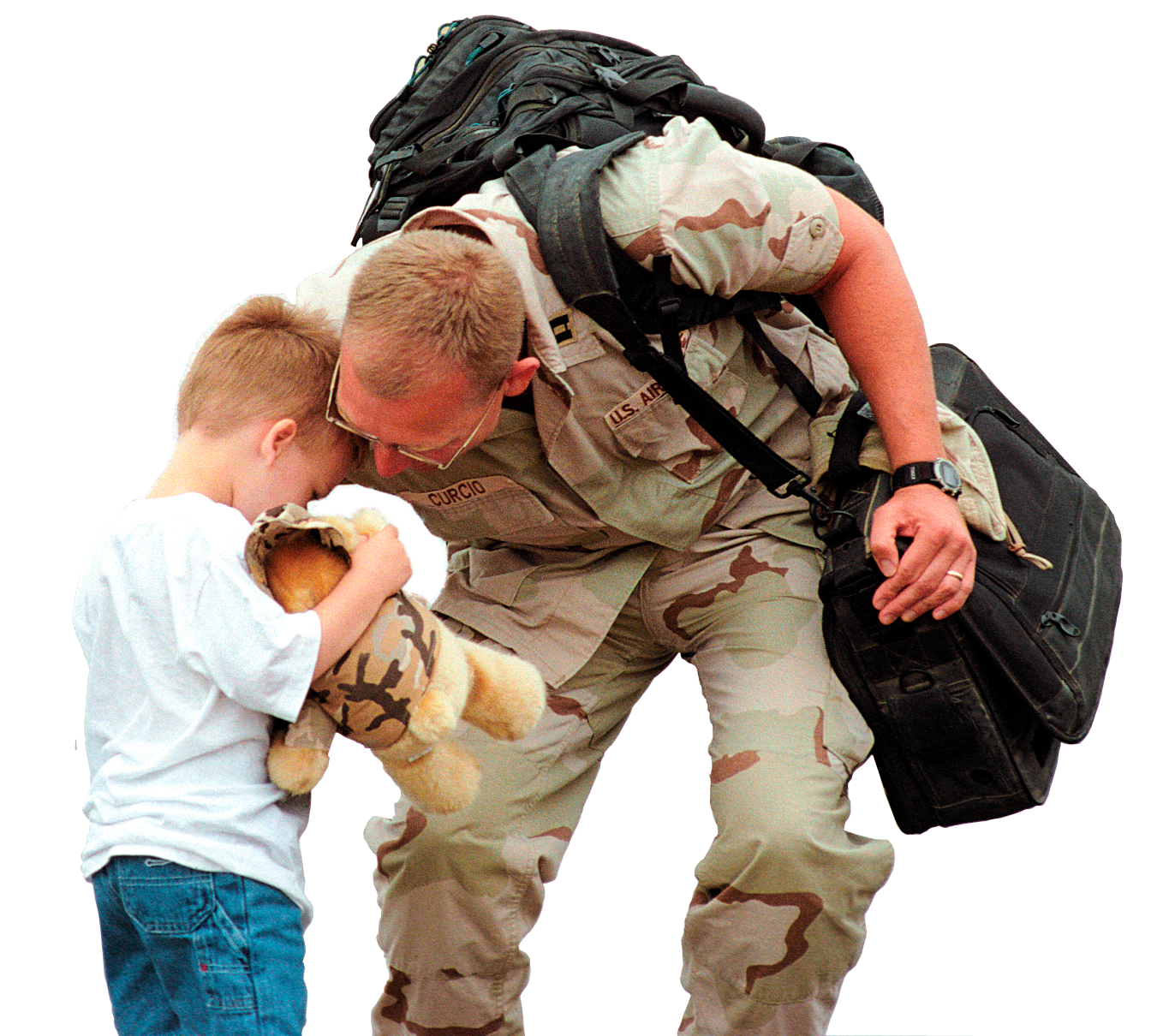[caption id="attachment_3979" align="alignleft" width="300"] Flag of the United States of America[/caption] KUNAR PROVINCE, Afghanistan – As a college cheerleader, Mateo V. Salado was accustomed to being a member of a team. He lived, ate, worked out and competed with the same group of athletes every day.
Flag of the United States of America[/caption] KUNAR PROVINCE, Afghanistan – As a college cheerleader, Mateo V. Salado was accustomed to being a member of a team. He lived, ate, worked out and competed with the same group of athletes every day.
 Flag of the United States of America[/caption] KUNAR PROVINCE, Afghanistan – As a college cheerleader, Mateo V. Salado was accustomed to being a member of a team. He lived, ate, worked out and competed with the same group of athletes every day.
Flag of the United States of America[/caption] KUNAR PROVINCE, Afghanistan – As a college cheerleader, Mateo V. Salado was accustomed to being a member of a team. He lived, ate, worked out and competed with the same group of athletes every day.This year, he’s doing the same thing, but on a bigger team.“Being in the military and living in the barracks, eating in the chow hall, and going out and training is no different than an NCAA athlete on a scholarship,” said Salado, who’s now an Army specialist and infantry team leader.“This yearlong deployment in Afghanistan is our Super Bowl,” Salado said. “This is where we have a culmination of every training event, every past mission, every patrol.” Salado, who is assigned to the 101st Airborne Division’s Company B, 1st Battalion, 327th Infantry Regiment, Task Force No Slack, 1st Brigade Combat Team, made some good friends while competing as a cheerleader for the University of Hawaii. He even went to the College Cheerleading and Dance Team National Championship in Orlando, Fla. But Salado’s closest friend during his deployment here, Army Pfc. Dylan Z. Glaze of Waterloo, Iowa, said climbing mountains in eastern Afghanistan is a little different. “I get out there walking, and it just hurts,” said Glaze, an infantryman also assigned to Company B. “Your back hurts, your legs hurt, and your head hurts. You hurt down to your soul. They crush your soul every day out here, … but you just got to think about the guy to your left and your right and just keep moving on." Since being deployed to Afghanistan together, Salado and Glaze have lived together, eaten together and patrolled together. Yet, the stakes are higher in this competition. “That’s one of the big differences here: if you lose here, you’re not coming back home,” said Salado, who’s from Tacoma, Wash. Glaze agreed and recalled an operation a few months ago, Operation Strong Eagle I. “You knew at some point [the insurgents] were going to come up,” he said. “Total [chaos] was going on out there, and I just hear his voice -- ‘Glaze! Glaze! Come over here.’ And I crawled over there to the rock where Salado was behind. We’re just sitting there, and all you can do in that situation is what we did, and that’s just laugh at each other. “You can’t cry about it. You can’t get scared,” Glaze continued. “You’re already getting shot at and you’re not dead yet, so all you can do is laugh about it, get on the gun and shoot some bullets. We almost died. There were rocks chipping off right in my eyes. It’s combat, but that’s what we trained for.” Behind thin-rimmed glasses, Salado cracked a smile when he remembered that day. He praised his friends for their actions and said he is happy to be out of that situation. But he added that when he went on leave, he had a hard time explaining those types of days to his old college friends, whose problems paled in comparison. “‘Oh my gosh, I have a 10-page paper to write. I have to get up and run five miles in the morning. I have such a long day of classes tomorrow,’” Salado recalled. “I’m thinking in my head, ‘Yeah, my guys are getting shot at right now, I don’t know what to tell you. Suck it up. I feel bad telling you this, but I really don't feel bad for you.’” Being in an infantry platoon has taught Salado and Glaze to appreciate each other and their teammates on a different level. They both remarked about their differences and the little fights they sometimes have. “No matter what it’s like back [on base], some people don’t like each other, but when you’re out on the mountain, it’s a different story,” Glaze explained. “When you’re out there getting shot at, that’s an American, he’s your brother out there on the mountain, and you do everything you can to get him back safe.” Glaze laughed about his infantry friend being a former cheerleader, but explained he has the ultimate respect for him. “I guess they’re some of the best athletes out there, because they can flip around and stuff,” he said. “But he’s willing to do anything for you, even if you’re not in his squad. That’s what you have to be over here -- just really supportive of everyone.” Salado, who recently was promoted to team leader, said he understands the weight of being responsible for his fellow soldiers as well as for the future of Afghanistan. “Really, I’m trying to make it better for the next unit that shows up,” he said, “[by] helping the government get on their feet, having the people trust that government, and helping the [Afghan army] on patrols with us so they know what to do.” “Hopefully, when the next unit shows up, they’ll be better off,” Salado added. March 28, 2011: By Army Sgt. 1st Class Mark Burrell- Task Force Bastogne ![0000logo_news_distribution.jpg Article Redistributed by Support Our Troops]() Redistributed by www.SupportOurTroops.org
Redistributed by www.SupportOurTroops.org






